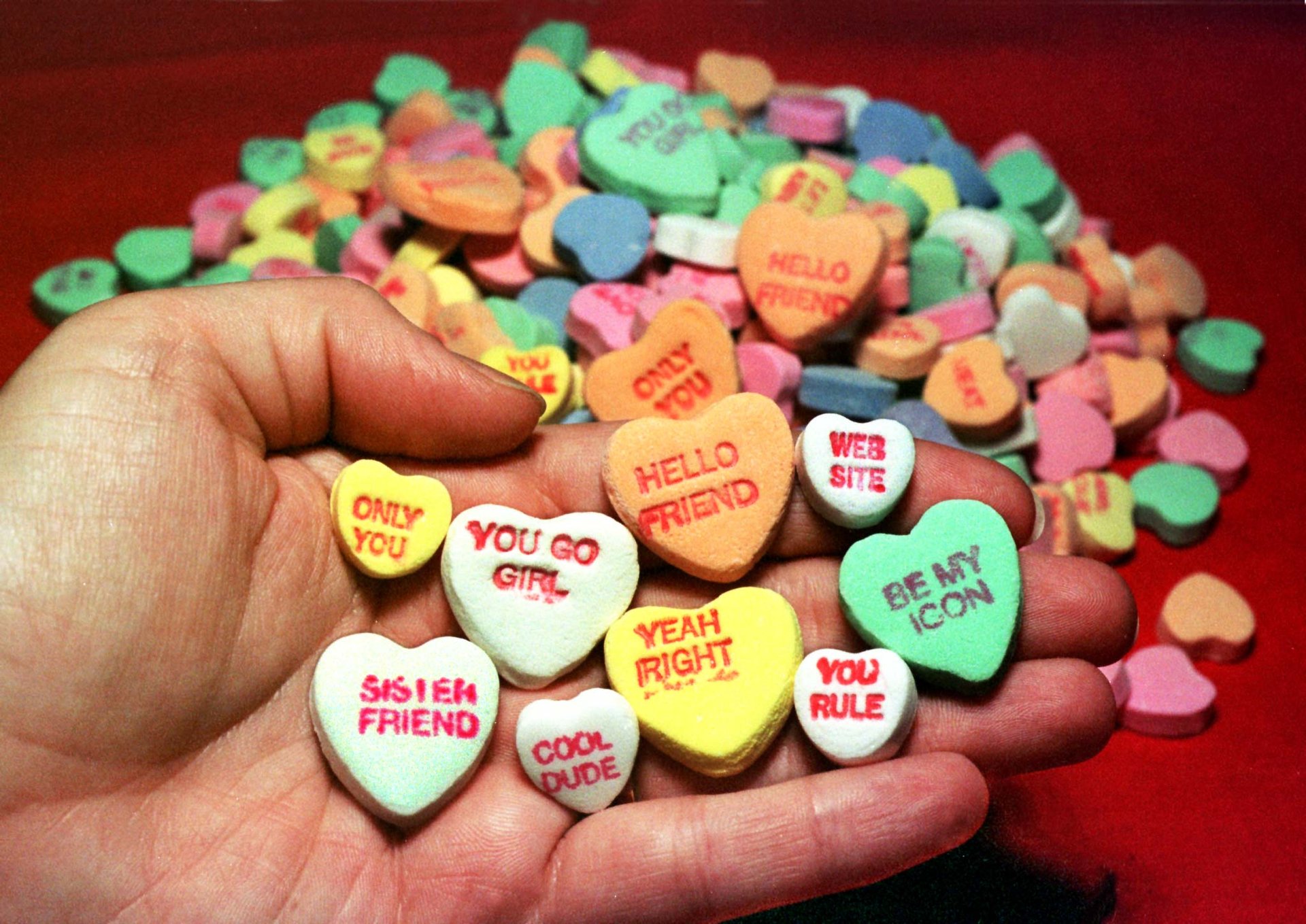The next time you want to say “I love you,” turn on the computer
Conventional wisdom says that, between a voicemail and a block of text, a voicemail is the more intimate form of communication—especially if the recipient is expecting something heartfelt and romantic. But a new study suggests that when we’re the ones sending a love note, we feel more passion composing emails than leaving a message at the beep.


Conventional wisdom says that, between a voicemail and a block of text, a voicemail is the more intimate form of communication—especially if the recipient is expecting something heartfelt and romantic. But a new study suggests that when we’re the ones sending a love note, we feel more passion composing emails than leaving a message at the beep.
Two business school professors, Alan Dennis of Indiana University and Taylor Wells of California State University-Sacramento, have teamed up to study the impact of different media platforms on how we express romantic feelings. Their findings, released online on Aug. 7, will be published in the January 2016 issue of the journal Computers in Human Behavior.
To evaluate passion, Dennis and Wells measured physiological responses, like body language and facial expression, in 72 college-age individuals as they sent emails and left voice messages. The results were surprising: when message-senders wrote romantic emails, they showed much more excitement than when they left romantic voicemails. (Even when messages were purely utilitarian, senders still got more excited by writing emails than leaving voicemails.)
“We asked people to do the same thing, but the words they chose were different in emails and voicemails,” Dennis told Quartz. “The words in emails were much more exciting, positive, and arousing. It’s counter to what theory would predict—which is that the more natural the media, the more engaging it is.”
Implications abound not just for emails, but also text messages and social media.
The findings suggest that social media communication, often dismissed as flat or trivial, may be more expressive than we realize. And the study’s biggest takeaway—that young people feel stronger emotions via text-based communication than voice-based ones—runs counter to the popular idea that teenagers’ digital immersion hinders their ability to emotionally connect with others.
Of course, the recipients of gushing emails may not get as excited as the senders do. But for the person trying to express feelings, it seems a blank screen is more inspiring than a dial tone.
“Email may actually be more effective because people consciously or unconsciously adapt to the limitations of the technology and add in additional emotional content,” Wells suggested to Quartz. “Romance may not be dead; it’s just changed location.”